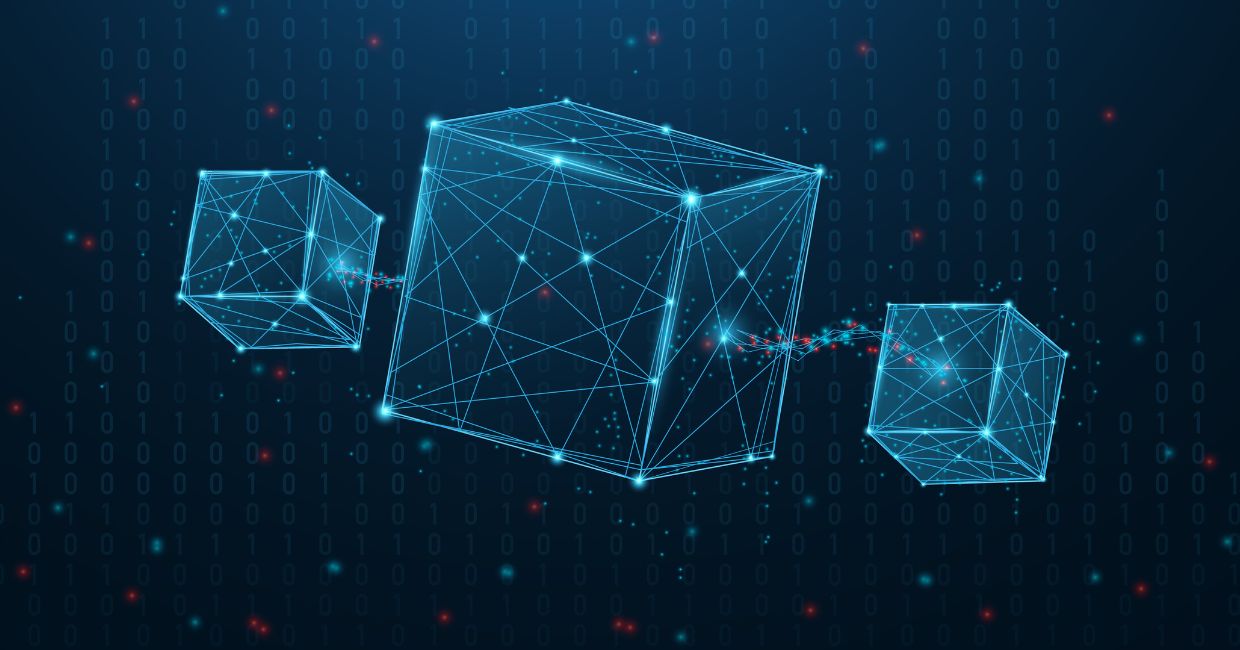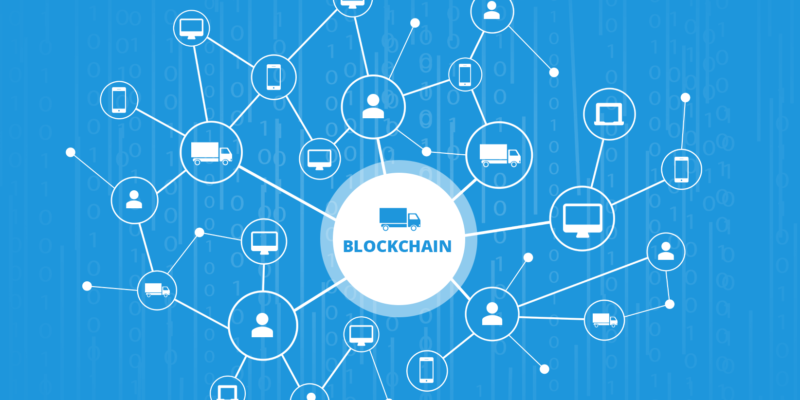In this article we will discuss How Blockchain ID Is Helping Canada’s Underserved Access Essential Services.
From sprawling urban centres to remote Indigenous communities, access to secure and verifiable identity remains a significant barrier for many Canadians. But now, blockchain technology is changing that reality. Across the country, pilot programs and civic tech initiatives are using decentralized digital ID systems to help underserved populations take control of their identity and unlock essential services. While many Canadians may first encounter blockchain through platforms that let them buy BTC in Canada, the technology is proving to be just as valuable for social impact as it is for finance. Here’s how Canada is quietly leading in blockchain-powered inclusion.
British Columbia’s Digital ID Pilots Empower the Unhoused
In Vancouver, a coalition of nonprofits and tech firms is running a blockchain ID pilot for individuals experiencing homelessness. These digital credentials store medical history, housing referrals, and government-issued benefits in an encrypted, user-controlled format. Instead of carrying paper documents that can be lost or stolen, users access their identity from a mobile device or secure kiosk. This allows them to prove eligibility for services without repeated paperwork, fostering trust and reducing administrative friction between agencies.
Also read: 7 Sectors that Benefit from Blockchain Technology
Toronto Is Using Blockchain to Improve Refugee Integration
Newcomers to Canada often face delays in receiving official documentation, leaving them in limbo when trying to find work or healthcare. In Toronto, blockchain-based identity solutions are being used to fast-track access to essential services while permanent ID is processed. Some programs issue digital credentials backed by the city or NGOs that refugees can use for job applications, language courses, and housing assistance. The transparency and security of blockchain ensure the process is accountable and resistant to fraud.
Also read: What opportunities can blockchain create for global supply chains?
Indigenous Communities Are Exploring Sovereign Identity Models
In partnership with blockchain developers, several Indigenous communities in Ontario and Saskatchewan are actively exploring how decentralized identity systems can support sovereignty and self-governance. These digital IDs allow communities to issue and manage their own credentials—ranging from birth records to tribal affiliation—without depending on provincial or federal systems. The move supports cultural autonomy while ensuring access to modern services such as healthcare and education.
Also read: Blockchain Applications in Fleet Management
Healthcare Access in Atlantic Canada Is Being Streamlined
In Halifax and surrounding communities, blockchain ID is being tested to improve healthcare access for people without a fixed address or consistent documentation. Patients can store encrypted health records linked to a digital ID, allowing clinics to provide care with continuity and accuracy. This reduces repeated testing, cuts costs, and improves patient outcomes—especially for individuals with chronic conditions or mental health needs. The system also empowers patients by giving them direct control over their health data, which they can access and share securely when moving between providers or locations. For vulnerable populations, this represents a major step toward consistent, dignified, and reliable care.
Canada’s Inclusive Approach to Blockchain Is Earning Global Recognition
While countries race to develop flashy blockchain products, Canada is taking a quieter, more humane route. By focusing on inclusion, privacy, and practicality, blockchain ID is becoming a tool for empowerment—not just commerce. As citizens learn how to manage crypto wallets or buy BTC in Canada, they’re also becoming part of a broader digital ecosystem that could redefine access and equity. From Vancouver to Halifax, Canada is proving that blockchain doesn’t just belong in the finance world—it has a vital role to play in human rights, public service, and digital dignity.









